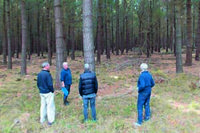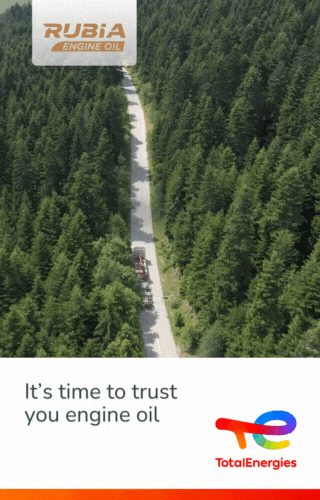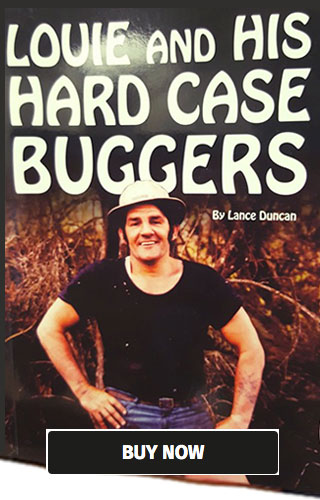
Forestry writer, Jim Childerstone, attempts to get some perspective on carbon forestry after reviewing an array of responses from stakeholders and independent organisations concerned with permanent forestry. Input from a wide spectrum of stakeholders in these articles indicates conflicting interests around permanent carbon forests, coupled with lack of clarity and considerable misunderstanding among media and the general public. The emphasis, mainly from the agricultural sector, is to implement a national strategic plan to sort out different aspects of carbon farming. However the forestry sector warns of unintended consequences if draconian regulations come into force.
For a start the mainstream media needs to define the difference between Permanent Carbon Farming and Commercial Productive Forestry. This is vitally important as it affects the forest industries as a whole as well as this country's attempt to mitigate climate change.
There is a major difference. Farm woodlot owners, private and corporate forest owners all have the opportunity to register for carbon sequestration under the New Zealand Emission's Trading Scheme. And most do, and therefore are also carbon farmers. Government, regional and local authorities need to note this difference before planning land use regulations under the National Environmental Standards for Plantation Forestry (NES-PF).
It also appears that purchasers of land for carbon farming have deep pockets. Very deep pockets. This tempts livestock farmers on less productive and marginal lands to sell up, as prices being offered tend to be well over the productive capacity of the land and New Zealand Quotable Value. It goes without saying that income from carbon forests is well above many Beef + Lamb earnings per hectare on some land classes, particularly as carbon prices escalate.
Attempting to get transparency on who the big time investors are is met with obfuscation. One obvious question being posed is: Are they large multinational fossil fuel extracting entities?
Firms such as New Zealand Carbon Farming, Interpine Innovations and My Farm Investments are New Zealand listed companies, therefore not required to apply to the Overseas Investment Office (OIO) for fee simple land sales. We can be certain funding sought for My Farm land purchase is a local identity as it's targeting Mum and Dad investors through local media ads. That is, if you had a spare $50k to invest!
Attempting to throw some light on the subject NZ Logger approached Stuart Nash, Forestry Minister, backed by Damien O'Connor, Agriculture Minister.
The mantra remains “the right tree in the right place for the right reasons”. Responding to some of the controversy as to what, where and when this takes place, Minister Nash indicates "some changes are underway" to tinker with the Climate Change Commission Zero Carbon Act. Mr O'Connor opined in a recent article to the local media (Otago Daily Times) that "tweaks” were being considered to alter the national policy statement.
Mr Nash reiterates that it is not the role of Government to tell farmers who they can or cannot sell their farms to, "especially if the prospective purchaser is a New Zealander". This presumes he (with other commentators) realises offers are being...






